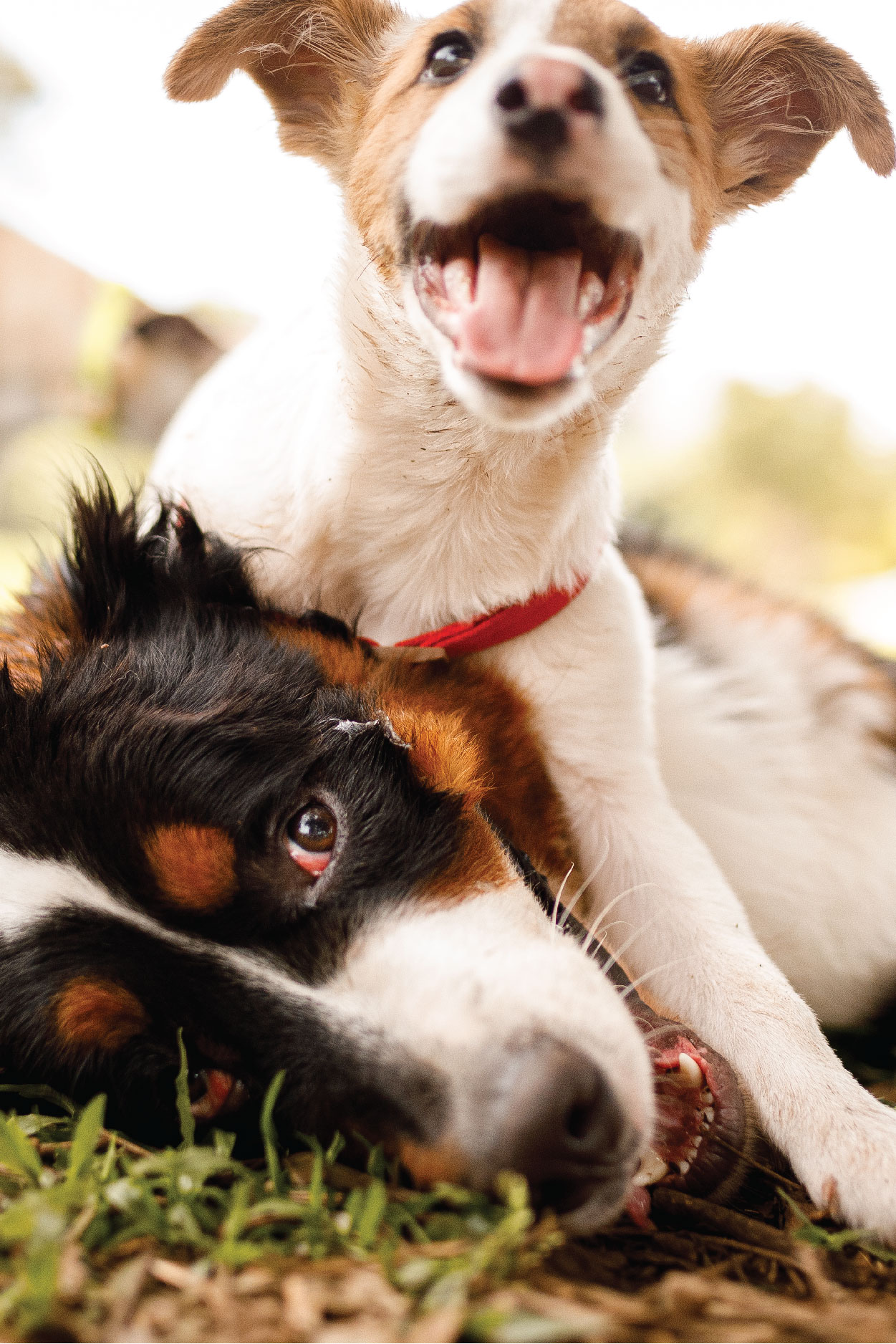Q: What should I do if I notice visible parasites on my pet?
A: If you notice parasites on your pet or within their feces, please separate the pet from children and from other pets. Next, call your veterinarian and arrange an appointment to bring your pet in for treatment and preventatives. At Sumrall Animal Clinic, our knowledgeable staff can advise you of the best treatment options.
Q: At what age should I have my pet spayed or neutered?
A: Sumrall Animal Clinic suggests that you have your pet sterilized at approximately 6 months of age (this may vary due to breed, size, or other factors). Spaying and neutering animals prevent unwanted pregnancies, of course, but also addresses several other behavioral problems, as well as reducing the risk of certain types of cancers and illnesses. A spay is the equivalent of a total hysterectomy for your female pet, and neutering is the complete removal of the male testes. Dr. White routinely recommends post-surgical pain medication following spay and neuter procedures.
Q: What are heartworms, and how can I prevent my pet from getting them?
A: Heartworms are parasites that live within the dog and cat circulatory system. Heartworms are contracted when a mosquito transfers a larval stage from an infected animal to your pet with a bite. These larvae mature within your pet to adults and tend to live within the heart and the large blood vessels communicating with the heart. The area around Sumrall Animal Clinic has mosquitoes year-round so Heartworm Disease is ALWAYS a risk. Many complications, including death, are attributed to heartworm infection. As with most diseases, prevention is more desirable (and less expensive) than treatment. Sumrall Animal Clinic offers the safest and most effective heartworm preventatives for your pet. We also monitor your pet yearly for heartworm infection. Should your pet test positive for heartworms, we will discuss with you the best management and treatment options.
For more information visit The American Heartworm Society.
For any animal poison-related emergency please contact The Poison Control Center.

